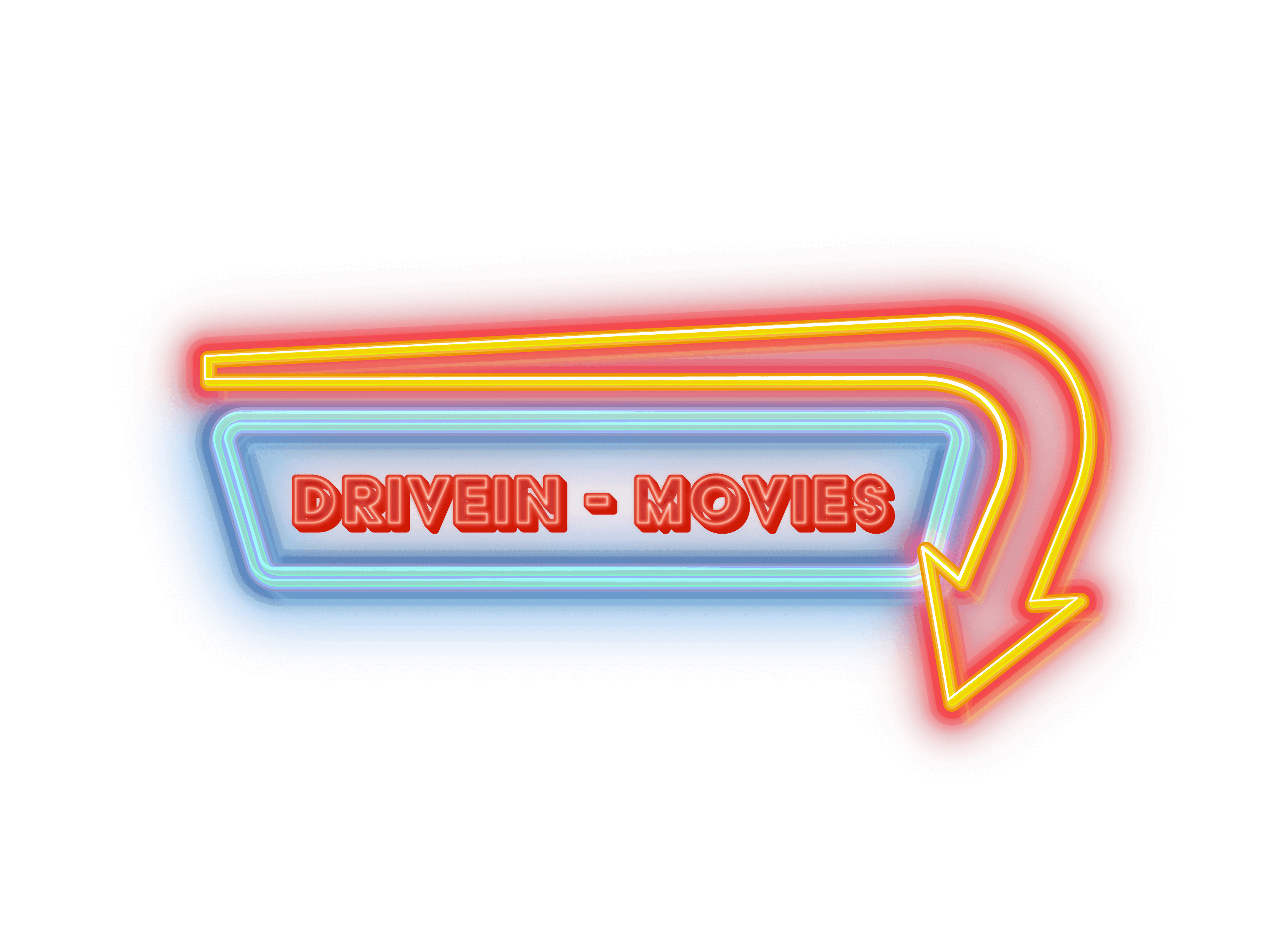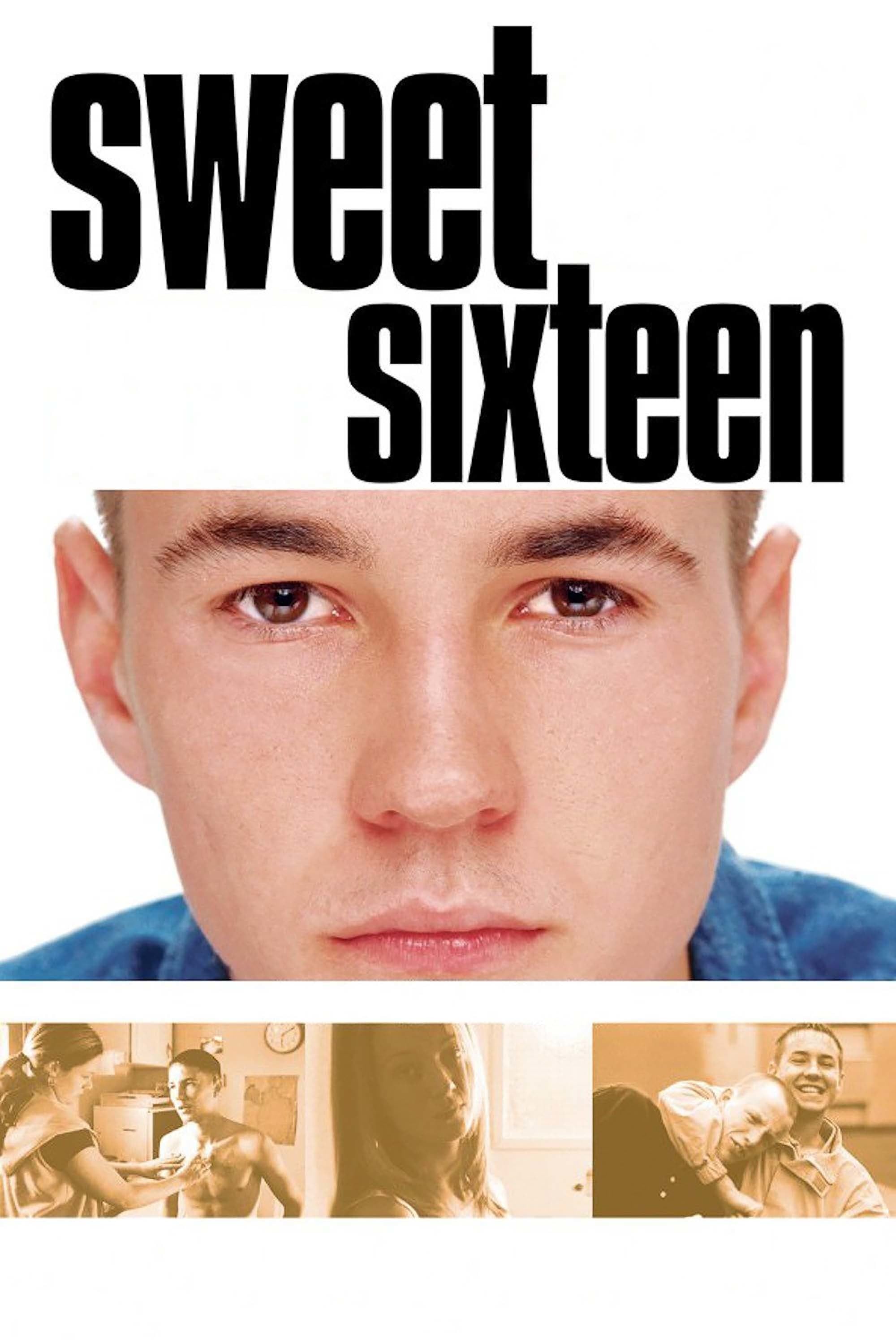Movies Rulzs: The Ultimate Guide To Why Movies Are The King Of Entertainment
There’s just something magical about movies, isn’t there? Whether you're sitting in a dark theater with buttery popcorn or cozying up on your couch with a blanket, movies rulzs. They take us to places we’ve never been, introduce us to characters we wish were real, and make us feel every emotion under the sun. Movies aren’t just entertainment—they’re an experience. And let’s be real, they’ve been ruling our hearts for decades now.
But what exactly makes movies so special? Why do people all over the world spend billions of dollars every year to watch them? And more importantly, how have they managed to stay relevant in a world where streaming services, video games, and social media are constantly vying for our attention? Stick around, because we’re diving deep into why movies rulzs and why they’ll always hold a special place in our lives.
From blockbusters to indie gems, from action-packed sequences to tear-jerking dramas, movies have something for everyone. So grab your favorite snack, hit play, and let’s explore why movies are the ultimate form of storytelling.
- Unveiling Mydesiin Your Ultimate Gateway To Indian Desi Content
- 300mb Mkv Movies Your Ultimate Guide To Quality Entertainment
Table of Contents
- The History of Movies Rulzs
- Different Types of Movies That Rulzs
- The Movies Industry: Numbers That Rulzs
- How Movies Rulzs Our Culture
- Streaming Wars: Movies Rulzs Even Online
- Iconic Movies That Rulzs Forever
- The Future of Movies Rulzs
- Critics Say Movies Rulzs, But Is It True?
- Why Audiences Think Movies Rulzs
- Movies Rulzs: Final Thoughts
The History of Movies Rulzs
Let’s rewind the clock for a second. Movies haven’t always been the glamorous, multi-billion-dollar industry we know today. Back in the late 1800s, when the Lumière brothers first projected their short films onto a screen, no one could’ve predicted the cultural phenomenon movies would become. These early films were simple, silent, and often only a few minutes long. But they captured the imagination of audiences everywhere.
Fast forward to the early 1900s, and Hollywood became the epicenter of movie magic. Studios like Warner Bros., MGM, and Paramount started churning out films at an unprecedented rate. The introduction of sound in the late 1920s revolutionized the industry, and suddenly movies weren’t just visual—they were auditory experiences too. And then came color, special effects, and eventually CGI. Each advancement pushed the boundaries of what movies could do.
Industry Stats That Rulzs
Did you know that the global box office revenue was over $40 billion in 2019? Yeah, movies rulzs financially too. And while the pandemic hit the industry hard, it also forced innovation. Streaming platforms like Netflix, Amazon Prime, and Disney+ stepped up their game, proving that movies can thrive even when theaters are closed. In fact, some films released exclusively on streaming services have gone on to win major awards. Who would’ve thought?
- Tamilblasters Plus Your Ultimate Destination For Tamil Entertainment
- Movie 4u Hub Your Ultimate Destination For Streaming Movies
Different Types of Movies That Rulzs
Not all movies are created equal, and that’s part of their charm. Whether you’re into high-octane action, heartwarming rom-coms, or mind-bending sci-fi, there’s a movie out there for you. Here’s a quick breakdown of some of the most popular genres:
- Action Movies: Think explosions, car chases, and heroes saving the world. Movies like "Mad Max: Fury Road" and "John Wick" have set the bar high for action-packed thrill rides.
- Comedies: Laughter is the best medicine, and comedies deliver it in spades. From classic slapstick to modern satire, there’s a comedy for every mood.
- Dramas: If you’re looking for something to tug at your heartstrings, dramas are the way to go. Films like "Schindler’s List" and "Forrest Gump" remind us of the power of storytelling.
- Horror: For those who love a good scare, horror movies rulzs. Titles like "The Conjuring" and "Get Out" have redefined the genre in recent years.
Hybrid Genres That Rulzs
Of course, many movies don’t fit neatly into one category. Take "Avengers: Endgame," for example. It’s an action movie, a superhero movie, and a drama all rolled into one. Or "Parasite," which combines dark comedy, thriller, and social commentary. These hybrid genres show just how versatile movies can be.
The Movies Industry: Numbers That Rulzs
Let’s talk numbers for a sec. The movie industry is a massive beast, and it’s only getting bigger. In 2022, the global film market was valued at over $136 billion. That’s insane! And it’s not just the box office contributing to this figure. Merchandising, streaming rights, and even theme parks tied to popular franchises add billions more.
But here’s the thing: it’s not just about the money. Movies create jobs, inspire art, and bring people together. Think about it—how many times have you bonded with someone over a shared love for a particular film? Movies rulzs because they’re more than just entertainment; they’re a cultural force.
Key Stats to Know
- Over 9 billion movie tickets were sold worldwide in 2019.
- The Marvel Cinematic Universe has grossed over $23 billion globally.
- Streaming services now account for over 40% of movie consumption.
How Movies Rulzs Our Culture
Movies don’t just reflect society—they shape it. From influencing fashion trends to sparking important conversations, movies have a profound impact on our culture. For example, "Black Panther" wasn’t just a superhero movie; it was a celebration of African culture and a call for representation in Hollywood. Similarly, "The Silence of the Lambs" challenged traditional gender roles in thrillers.
And let’s not forget the power of movies to educate and inform. Documentaries like "An Inconvenient Truth" and "13th" have raised awareness about critical issues like climate change and systemic racism. Movies rulzs because they have the ability to change the world.
Examples of Movies That Rulzs Culture
- "Titanic" set the standard for epic romances.
- "The Godfather" redefined the gangster genre.
- "The Matrix" revolutionized special effects and storytelling.
Streaming Wars: Movies Rulzs Even Online
With the rise of streaming services, the way we consume movies has changed dramatically. Gone are the days of waiting for a film to come to theaters near you. Now, you can stream almost any movie you want from the comfort of your own home. But does this mean traditional theaters are going extinct? Not quite.
Streaming platforms have actually expanded the reach of movies. Independent films that might not have gotten a wide theatrical release now have a global audience. And for blockbuster fans, many films are now available both in theaters and on streaming services simultaneously. Movies rulzs no matter where you watch them.
Top Streaming Platforms for Movies
- Netflix
- Amazon Prime Video
- Disney+
- HBO Max
Iconic Movies That Rulzs Forever
Some movies are so iconic that they’ll be remembered for generations. These are the films that define eras, launch careers, and become part of the cultural lexicon. Think about "Star Wars," "Jurassic Park," or "The Lion King." These movies aren’t just entertainment—they’re legends.
What makes a movie iconic? Often, it’s a combination of factors: groundbreaking effects, memorable characters, and timeless themes. But sometimes, it’s just pure magic. Movies rulzs because they have the ability to transcend time and space.
List of Iconic Movies
- "Casablanca"
- "Pulp Fiction"
- "Inception"
- "The Dark Knight"
The Future of Movies Rulzs
So, what’s next for movies? With technology advancing at lightning speed, the possibilities are endless. Virtual reality could allow us to step inside our favorite films, while AI-generated scripts might change the way stories are told. But one thing is certain: movies will continue to evolve and adapt to the changing world.
Whatever the future holds, one thing remains true—movies rulzs. They’ve been with us through thick and thin, and they’ll be with us for years to come. Whether you’re watching on a massive screen or a tiny phone, movies have a way of capturing our hearts and imaginations like nothing else.
Predictions for the Future
- More interactive experiences for viewers.
- Increased focus on diversity and representation.
- Blurring lines between movies and video games.
Critics Say Movies Rulzs, But Is It True?
Of course, not everyone is a fan of movies. Some critics argue that the industry is too focused on profit over art, while others claim that too many remakes and sequels are stifling creativity. But despite these criticisms, movies continue to thrive.
Why? Because movies rulzs. They offer something that no other form of entertainment can—a complete escape into another world. Sure, there might be flaws, but the good outweighs the bad. And at the end of the day, isn’t that what matters?
Why Audiences Think Movies Rulzs
Finally, let’s hear from the people who matter most—the audiences. Why do we love movies so much? Is it the escapism? The nostalgia? Or just the sheer joy of watching a great story unfold? Probably all of the above.
Movies rulzs because they connect us. They give us common ground to discuss, debate, and dream about. And in a world that can sometimes feel disconnected, that’s more important than ever.
Movies Rulzs: Final Thoughts
In conclusion, movies aren’t just entertainment—they’re a reflection of who we are and what we value. From their humble beginnings as silent shorts to the epic blockbusters we know today, movies have come a long way. And they’ll continue to evolve, adapt, and inspire.
So next time you’re debating whether to watch a movie or do something else, remember this—movies rulzs. They’re worth every second of your time. Now go out there and find your next favorite film. And don’t forget to share this article with your friends! Because when it comes to movies, the more, the merrier.
Article Recommendations
- Tamil Blastersac The Ultimate Guide To Streaming Tamil Movies
- Movie Rulz Today The Ultimate Guide To Streaming Movies In 2023



Detail Author:
- Name : Mr. Cornell Armstrong MD
- Username : pamela36
- Email : predovic.suzanne@walsh.com
- Birthdate : 1983-04-23
- Address : 305 Zoila Mount Baumbachfurt, VT 10777
- Phone : +1 (571) 792-6615
- Company : Daugherty Inc
- Job : Platemaker
- Bio : Autem et illum eos tempore est molestiae. Aut sapiente aut blanditiis accusantium. Dolor ratione dolores asperiores ab.
Socials
instagram:
- url : https://instagram.com/sydnee_dev
- username : sydnee_dev
- bio : Earum iusto et qui. Nihil est sit fugit omnis.
- followers : 1282
- following : 997
linkedin:
- url : https://linkedin.com/in/cummeratas
- username : cummeratas
- bio : Libero accusantium atque rem dolorum qui.
- followers : 3925
- following : 1062
facebook:
- url : https://facebook.com/sydneecummerata
- username : sydneecummerata
- bio : Enim ullam minus maxime odio.
- followers : 5266
- following : 2069